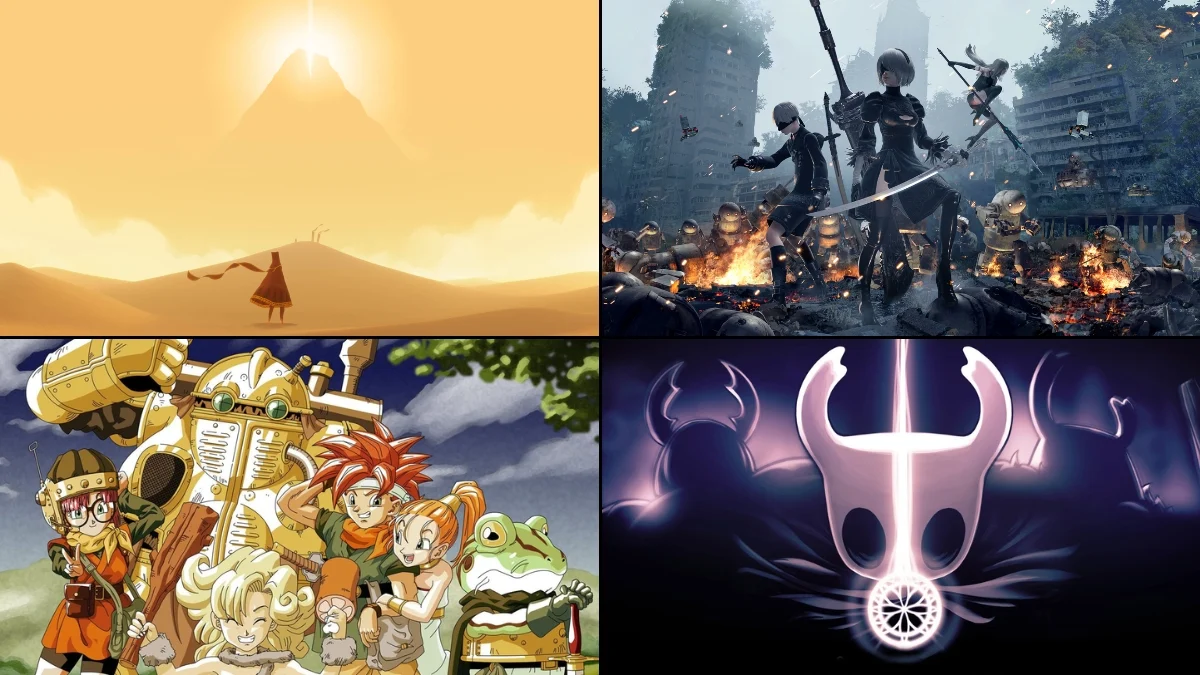
A memorable final song can stay with you long after a game ends. The games listed below are known for their incredible closing music, which enhances the overall experience without revealing any spoilers. We’ll highlight the composers, how the music was created, and how it’s used in the game. You’ll also find details about where to find the soundtrack, all without ruining the story.
‘Journey’ (2012)
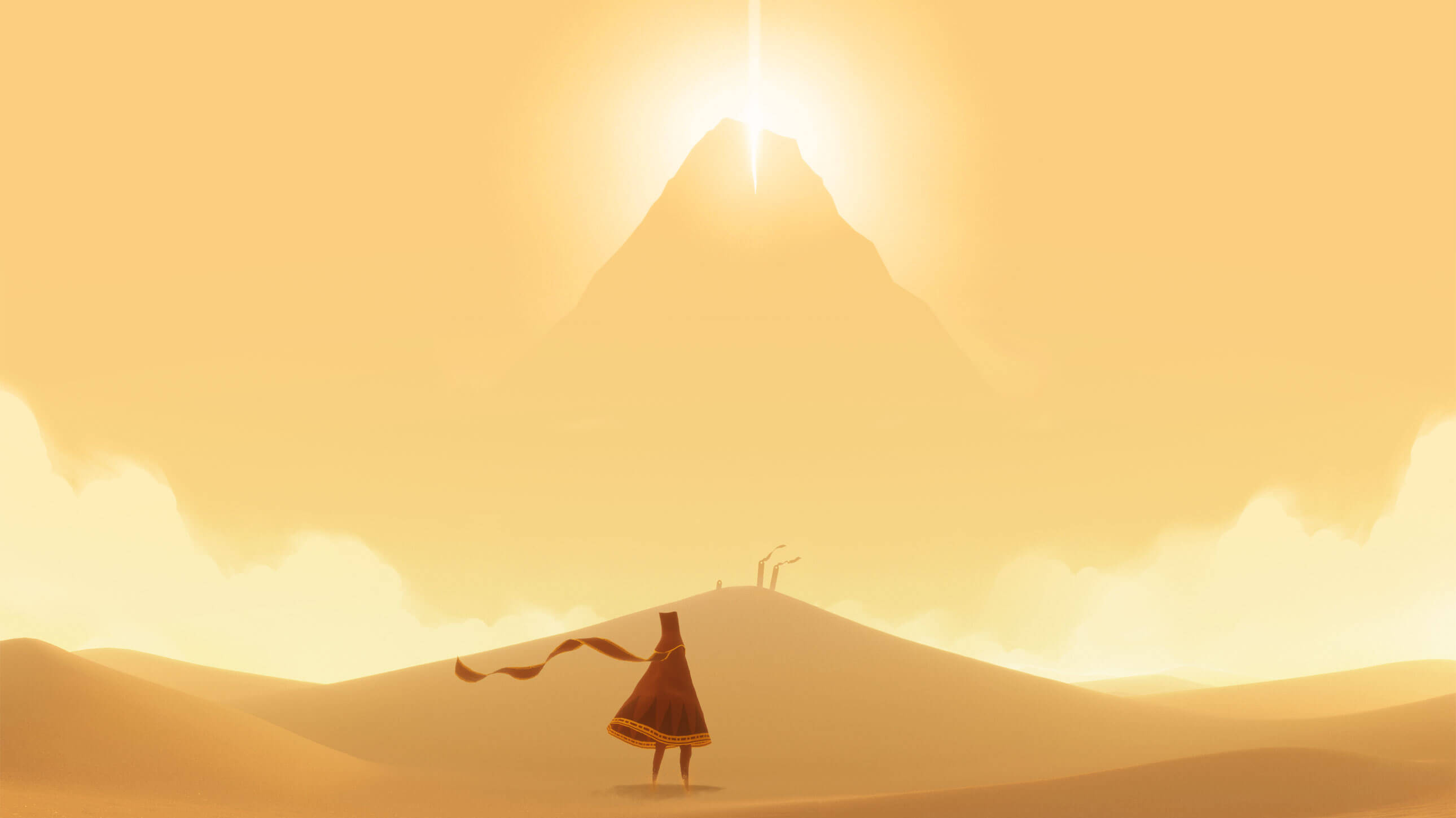
‘Journey,’ created by Thatgamecompany, ends with a powerful orchestral piece composed by Austin Wintory. This music brings together the game’s key vocal and cello themes. It’s featured on the official soundtrack and has been performed live, contributing to its lasting popularity. Wintory’s score skillfully uses recurring musical ideas that build and change throughout the game, making the ending feel like a satisfying conclusion. The recording combines solo performers with larger orchestral arrangements, creating a dynamic sound that reflects the emotional journey of the game.
‘Halo 3’ (2007)

The ending of Bungie’s ‘Halo 3’ features music by Martin O’Donnell and Michael Salvatori that brings back the iconic chant and string melodies familiar to fans of the series. The music combines powerful drums with the distinctive vocal line, staying true to the overall sound of ‘Halo’. While different versions of the track exist on official soundtracks, the version used in the game highlights the choir and timpani drums to create a grand, ceremonial ending. This music acts as a fitting conclusion, echoing themes and melodies introduced at the very beginning of the ‘Halo’ saga.
‘Nier: Automata’ (2017)

PlatinumGames’ ‘Nier: Automata’ features a captivating soundtrack by Keiichi Okabe and the MONACA team, known for their use of vocals in multiple languages and complex electronic music. The game’s ending is particularly notable for its music, which adapts to the story and uses familiar melodies in new ways without revealing too much. Okabe blends both understandable lyrics and made-up languages, giving the final song a unique sound. The different versions of the ending theme highlight how the game’s conclusion reinterprets musical ideas presented throughout the entire experience.
‘Chrono Trigger’ (1995)
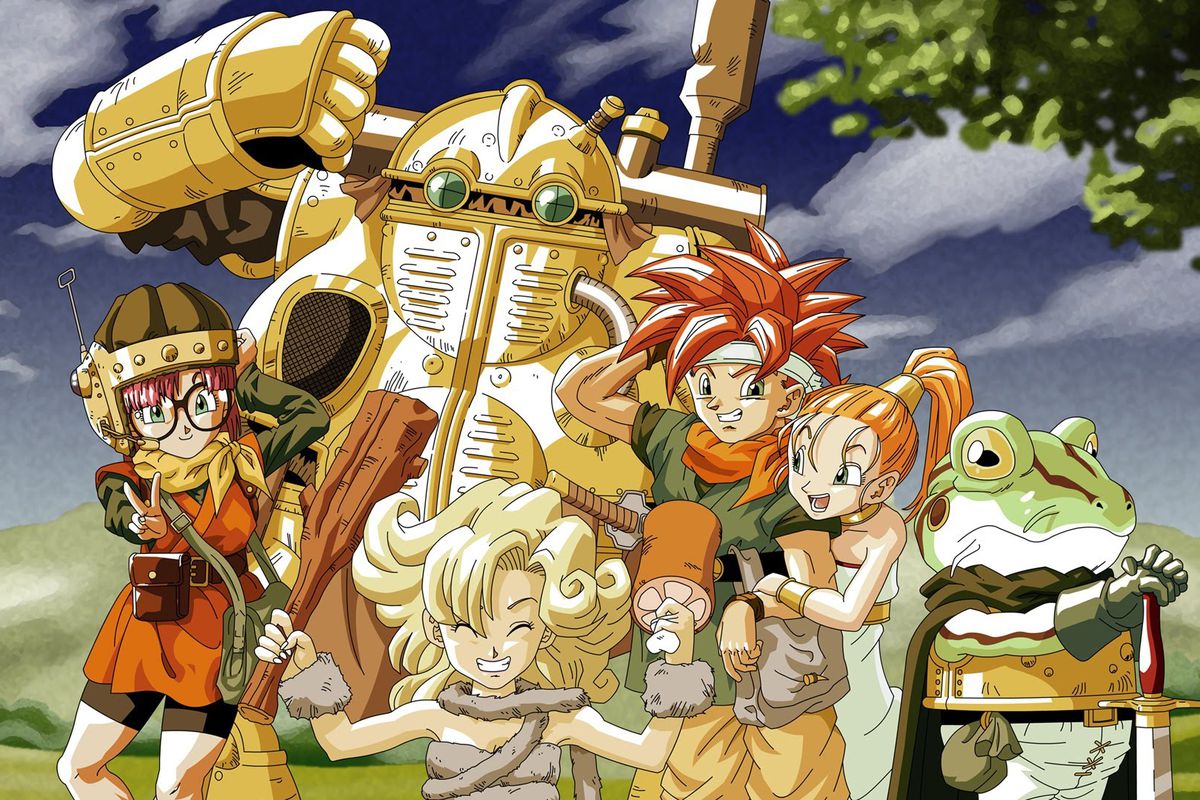
The ending of Square’s ‘Chrono Trigger’ features a beautiful musical medley composed by Yasunori Mitsuda, with additional contributions from Nobuo Uematsu. The piece cleverly weaves together musical themes associated with the game’s characters and locations. While the original music was limited by the technology of the Super Nintendo, later recordings on albums and with orchestras showcase a richer, more complete sound. The way the tracks are ordered on these releases follows the game’s story, creating a satisfying sense of completion.
‘Final Fantasy VII’ (1997)
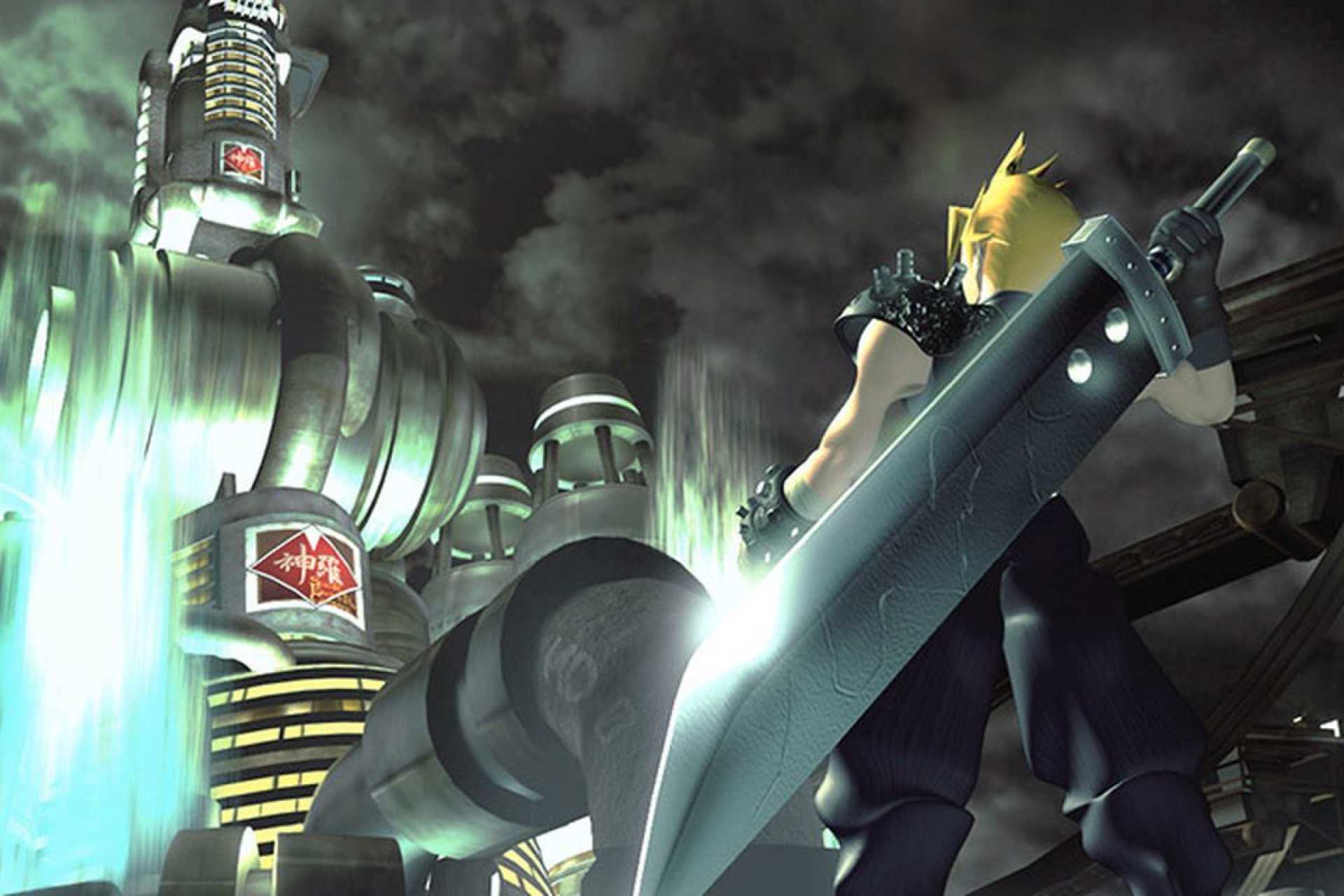
The ending of ‘Final Fantasy VII,’ created by Square and featuring music by Nobuo Uematsu, is a complex piece that gradually layers in choir and orchestral sounds. It brings back musical themes from earlier in the game and expands on them, ultimately becoming a grand orchestral finale. Because the arrangement has been performed in concerts and released on albums, its structure is well-known. The ending is lengthy and divided into sections, feeling like a series of musical movements before transitioning into the credits.
‘Mass Effect 3’ (2012)

The ending of BioWare’s ‘Mass Effect 3’ has a powerful score composed by Clint Mansell, Sam Hulick, Cris Velasco, and Sascha Dikiciyan. It combines traditional orchestral music with electronic sounds to create a moving atmosphere. The music in the credits takes key themes from the entire trilogy and builds them into a thoughtful, gradually intensifying piece. Different versions of the ending music appear on various soundtrack releases, suggesting the sound was carefully adjusted for the final scene. The production utilizes broad stereo effects and deep bass to give the final music cue a truly cinematic feel.
‘Shadow of the Colossus’ (2005)
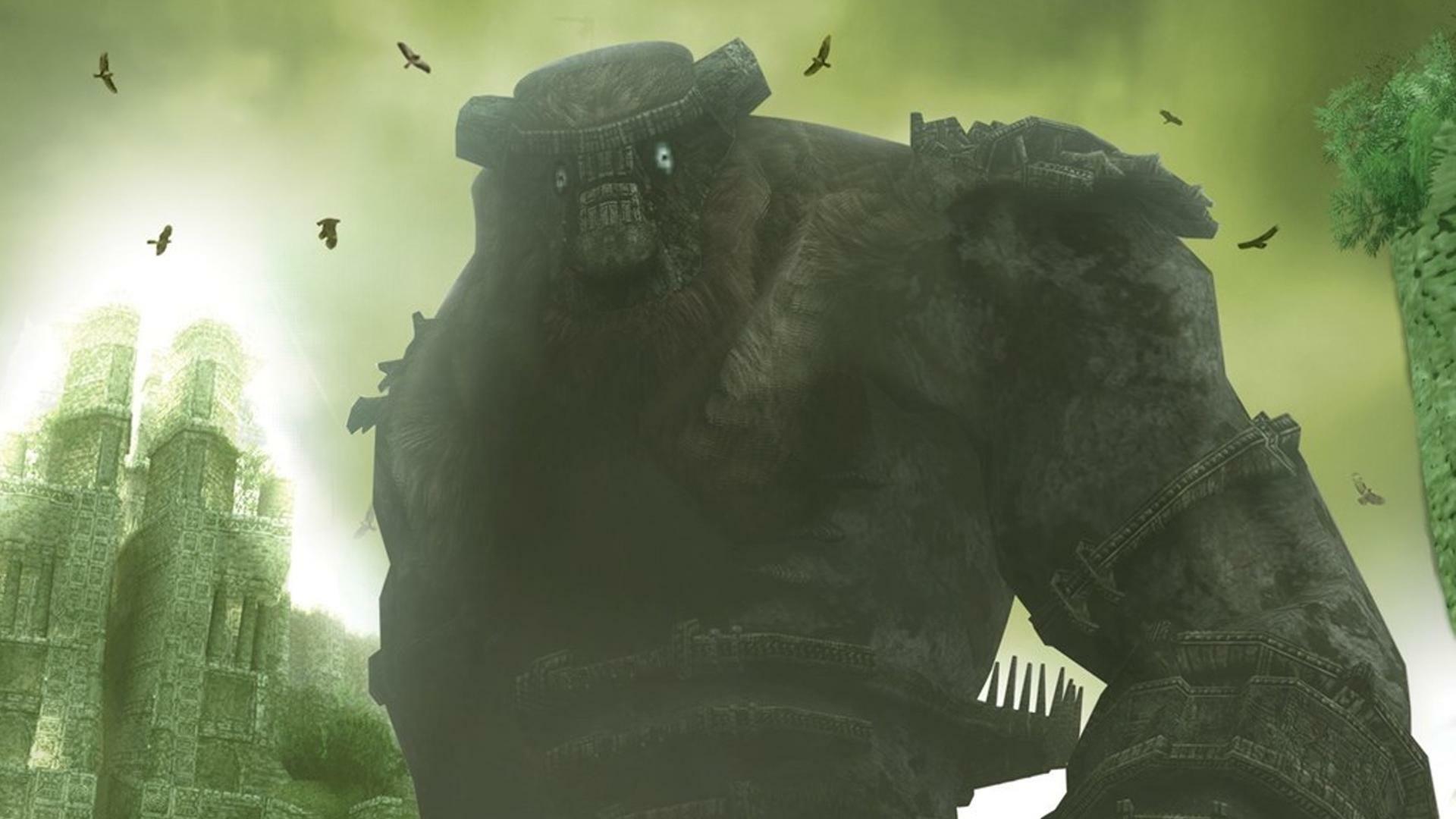
Team Ico’s ‘Shadow of the Colossus’, featuring a memorable score by Kow Otani, culminates in a powerful finale. The music uses a rich blend of brass, strings, and choir, revisiting earlier themes at a slower, more serious pace with long, drawn-out harmonies. Both the original in-game music and later arrangements are available on official albums, highlighting how the orchestration enhances the emotional impact of the ending. The remake’s updated soundtrack maintained the core musical ideas while improving the sound quality and range.
‘Undertale’ (2015)
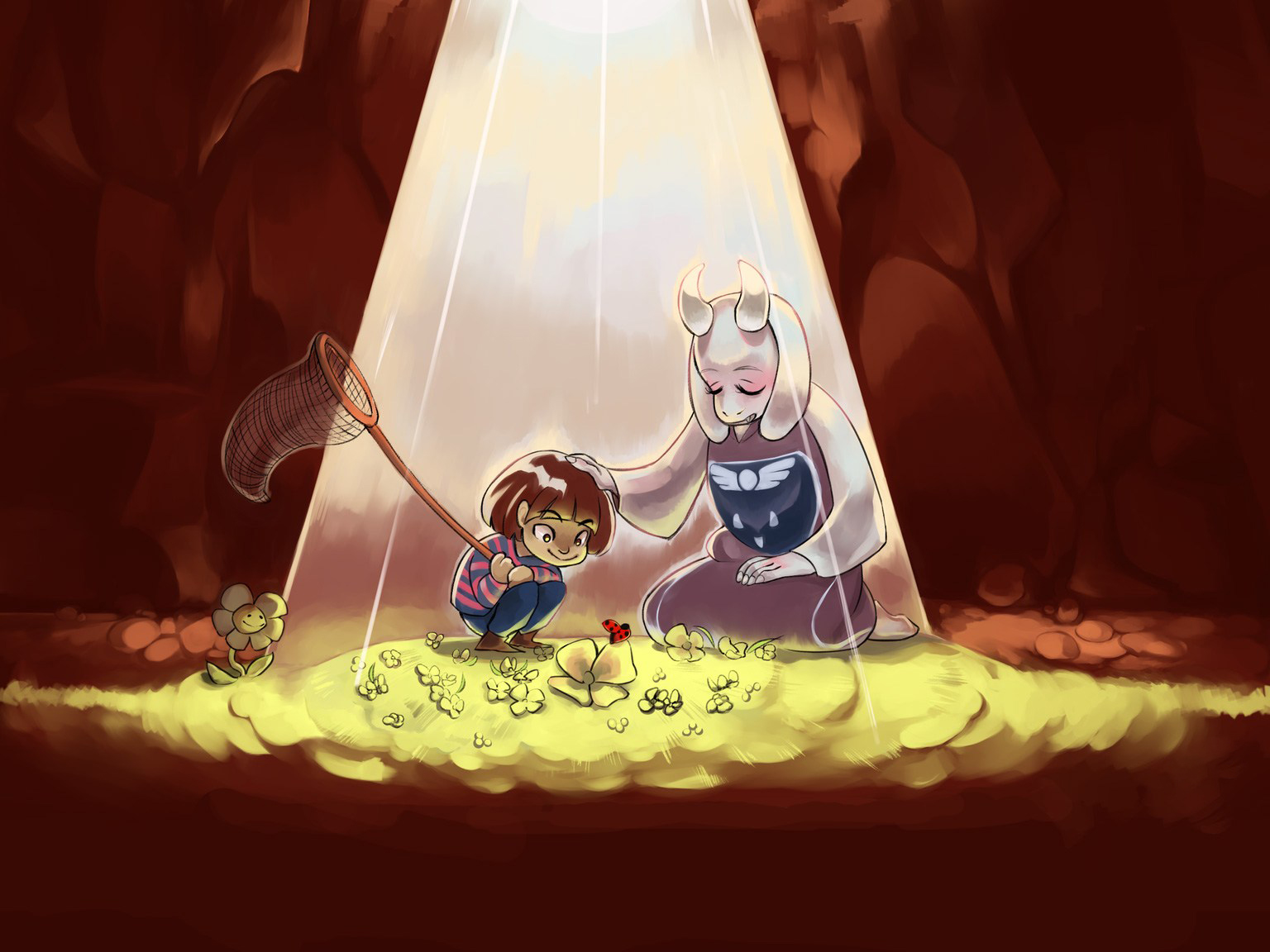
Toby Fox’s game ‘Undertale’ ends with a powerful musical piece that blends classic video game sounds, piano, and drums. The final song creatively revisits themes associated with different characters, changing their speed and adding new layers of melody without giving away the story’s ending. When released as a soundtrack, the final tracks are arranged in a way that makes it easy to follow the recurring musical ideas. The music itself is built from clear, repeating patterns that come together seamlessly during the credits.
‘Celeste’ (2018)

As a huge fan of ‘Celeste’, I’m always struck by the ending music. It’s this beautiful, layered electronic track by Lena Raine that really builds on the game’s signature synth sounds. The music for the credits feels so hopeful and relieving, with warmer sounds and a solid beat that just makes you feel like you’ve reached the top. And it’s cool that they released both the official soundtrack and ‘B-Sides’ albums – you can really hear how Lena Raine experimented with different parts of the music. The way the music builds in the finale actually mirrors how the game is structured, slowly adding layers until it finally comes to a peaceful close.
‘God of War’ (2018)

The ending of Santa Monica Studio’s ‘God of War’ features powerful orchestral music composed by Bear McCreary. It includes a deep male choir and musical ideas inspired by Norse culture. The final piece of music builds on the game’s main theme with low vocals and grand brass instruments, creating a dignified but subtle feeling. The composer used specific vowel sounds from an Icelandic choir to achieve a unique sound, as noted in the album information and live performances. Throughout the track, strong drums and sustained string notes provide a solid, consistent rhythm.
‘Metal Gear Solid 3: Snake Eater’ (2004)
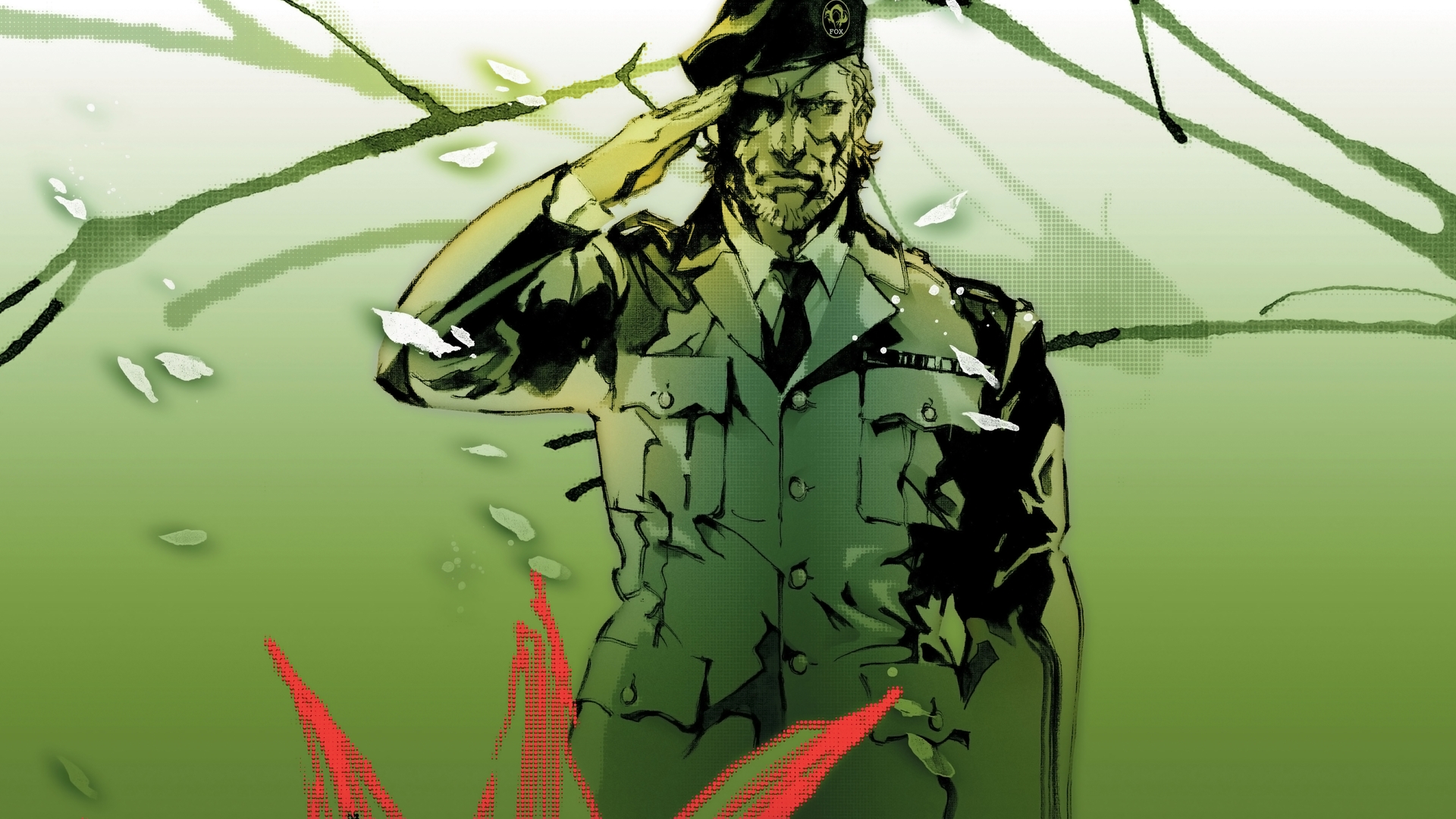
The ending of ‘Metal Gear Solid 3’, created by Kojima Productions (originally part of Konami Computer Entertainment Japan), features music that pays tribute to classic spy films, with a notable score by Norihiko Hibino. The final piece of music echoes the game’s main theme, beautifully arranged with strings and vocals. This arrangement has remained largely unchanged in official soundtracks and later releases. The music carefully balances the vocals and tremolo strings, ensuring it remains clear and impactful throughout the end credits.
‘Portal’ (2007)

Man, the ending of ‘Portal’ totally stuck with me. It’s got this hilarious, but really well-made song by Jonathan Coulton that plays during the credits. The vocals are super dry and it’s got this cool, steady electronic beat. It even throws in little nods to sounds from the game without giving away any of the puzzle answers, which is clever. The whole sound design, thanks to Mike Morasky, really fits the clean, almost clinical feel of the game. And the official version of the song is perfect – it matches exactly how it plays in the game, timing and everything.
‘BioShock Infinite’ (2013)

The ending of ‘BioShock Infinite’ features music composed and overseen by Garry Schyman, blending instruments and vocals typical of the game’s time period. The final piece incorporates American folk elements like acoustic guitars, a harmonium, and choir, building on the game’s overall musical style. Soundtrack releases clearly identify both original compositions and licensed music used in the credits. The production focused on capturing clear vocals and a sense of space to create a personal and immersive experience.
‘Hades’ (2020)

Okay, so the ending music for ‘Hades’ is seriously awesome. Darren Korb really nailed it – he took the game’s intense guitar sound and those cool Mediterranean influences and turned them into this super emotional credits song. What I really dig is how clear and close the vocals sound, it feels really personal, which fits the game’s focus on the characters. You can even get the soundtrack with both vocal and instrumental versions, and it’s cool to hear how strong the main melody is on its own. The song just moves – it’s got this driving rhythm underneath the melody, even without needing any story stuff to get you into it.
‘Ori and the Will of the Wisps’ (2020)

‘Ori and the Will of the Wisps’ features a stunning finale composed by Gareth Coker, building on the game’s existing music with a fuller choir and richer string arrangements. The credits song revisits the main themes with a more elaborate orchestral sound, recorded with a large group of musicians to create powerful and sweeping moments. The album notes reveal the music was recorded in multiple locations, which adds to its overall depth and clarity. The music’s harmonies echo earlier parts of the game, creating a sense of connection without explicitly referencing any specific story beats.
‘Hollow Knight’ (2017)
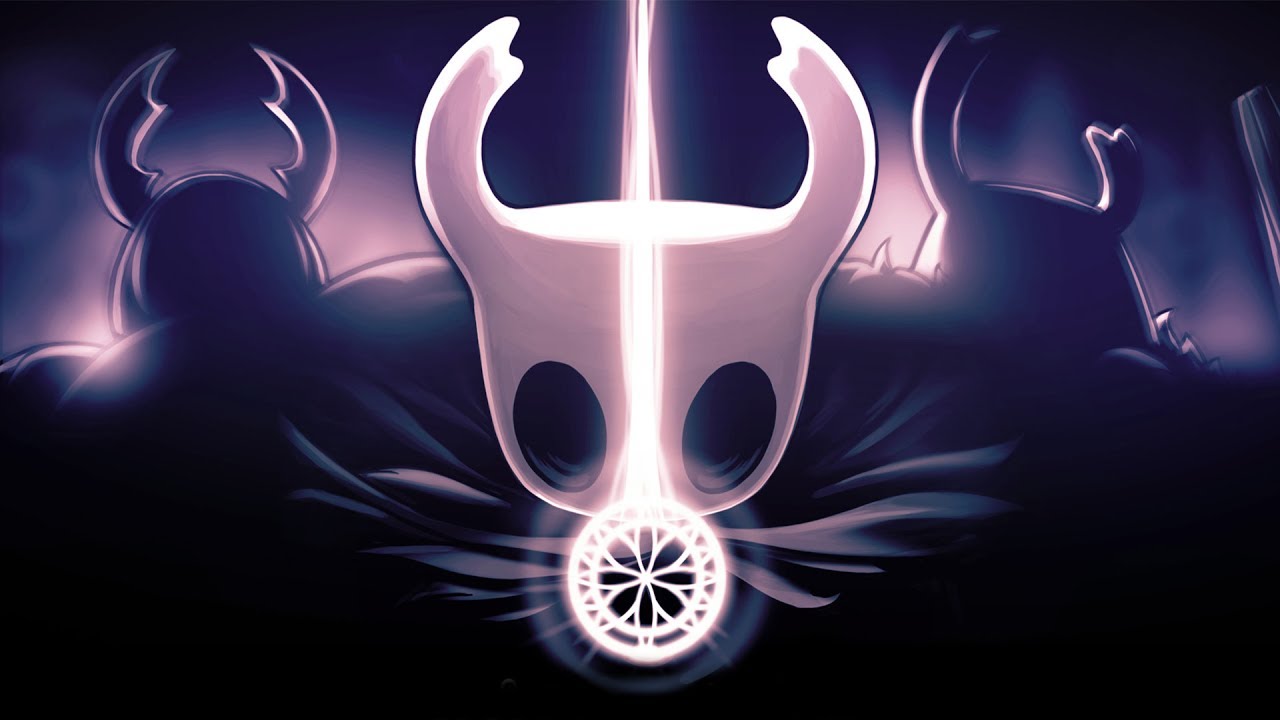
The ending of Team Cherry’s ‘Hollow Knight’ features a beautiful piece of music by Christopher Larkin that brings together the game’s sad and thoughtful themes. The music is gentle and orchestral, mainly using woodwinds and strings with subtle percussion – a style consistent throughout the game. The soundtrack release includes both the main ending music and additional cues for the epilogue, showcasing how they connect thematically. The piece begins with solo instruments, gradually building to a full orchestral sound to signal the game’s conclusion.
‘The Witcher 3: Wild Hunt’ (2015)
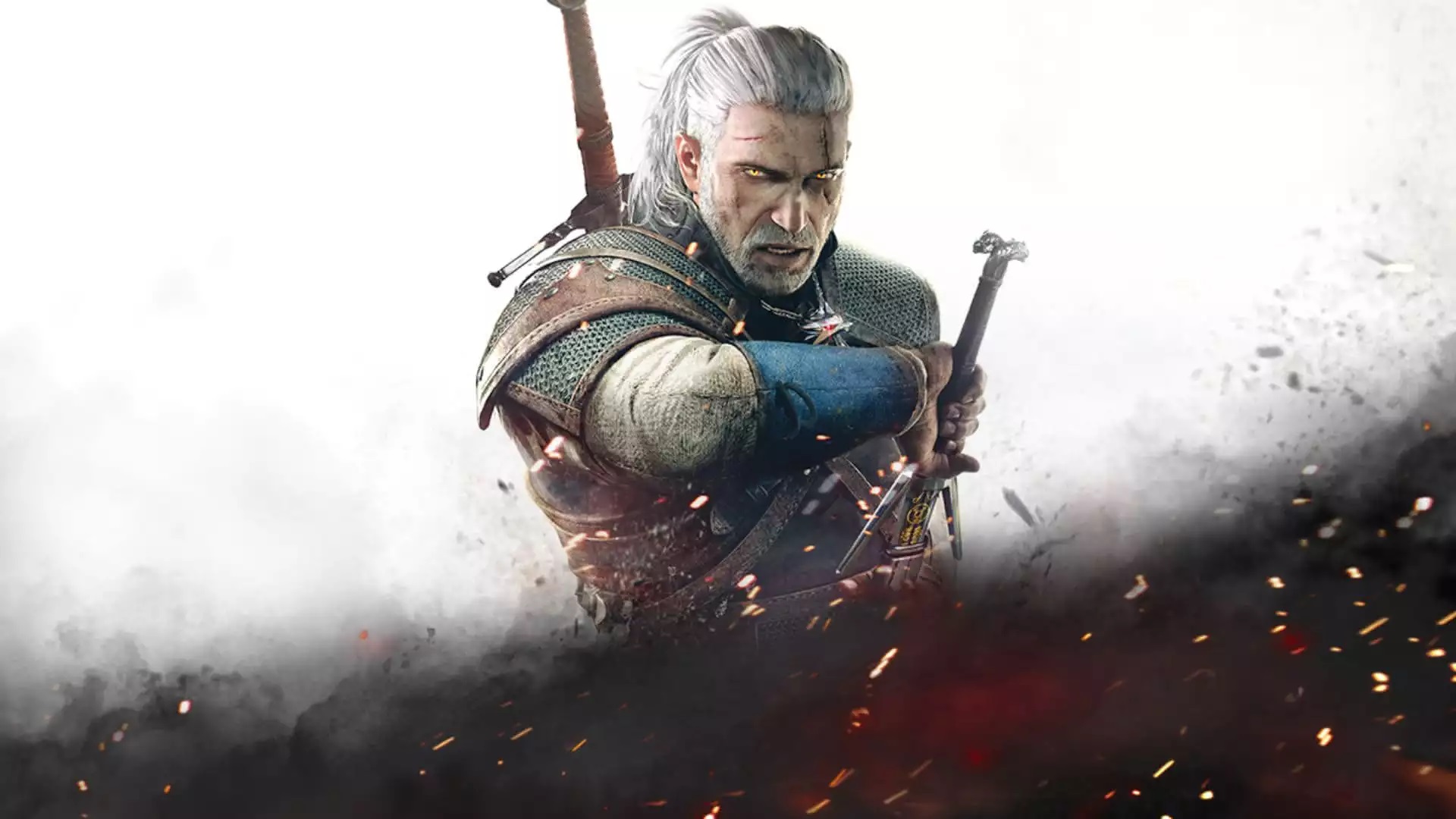
The ending of CD Projekt RED’s ‘The Witcher 3’ has a memorable score created by Marcin Przybyłowicz and Mikolai Stroinski, and features vocals by Percival Schuttenbach. The music blends traditional folk instruments like the hurdy-gurdy and nyckelharpa with orchestral strings. While different versions of the soundtrack exist for various game content, the core ending music stays the same. The creators focused on creating a driving rhythm and melodies that reflect the unique musical style of the game’s world.
‘Dark Souls’ (2011)

As a huge fan of the Dark Souls soundtrack, I always find the ending music incredibly moving. Motoi Sakuraba really stripped things back for the finale, using mostly somber organ sounds and strings. It’s so different from the intense music during the boss fights – much slower and simpler. It gives the credits room to breathe, and the released soundtrack stays true to how it sounds in the game. The mastering is perfect too; it’s all about smooth, gentle sounds that create a really thoughtful and peaceful ending to such an epic journey.
‘Persona 5’ (2016)

The ending of Atlus’s ‘Persona 5’ features a song composed by Shoji Meguro and his team. It’s an upbeat track with elements of acid jazz – think a lively rhythm section, vocals, and punchy brass instruments. The song cleverly incorporates musical ideas from previous sections of the game, all polished into a sound like a professional radio broadcast. Both a vocal version and an instrumental version, perfectly timed to the ending credits, are available on the official soundtrack. The bass and guitar are prominent in the mix, providing a strong and consistent beat throughout the finale.
‘Red Dead Redemption 2’ (2018)
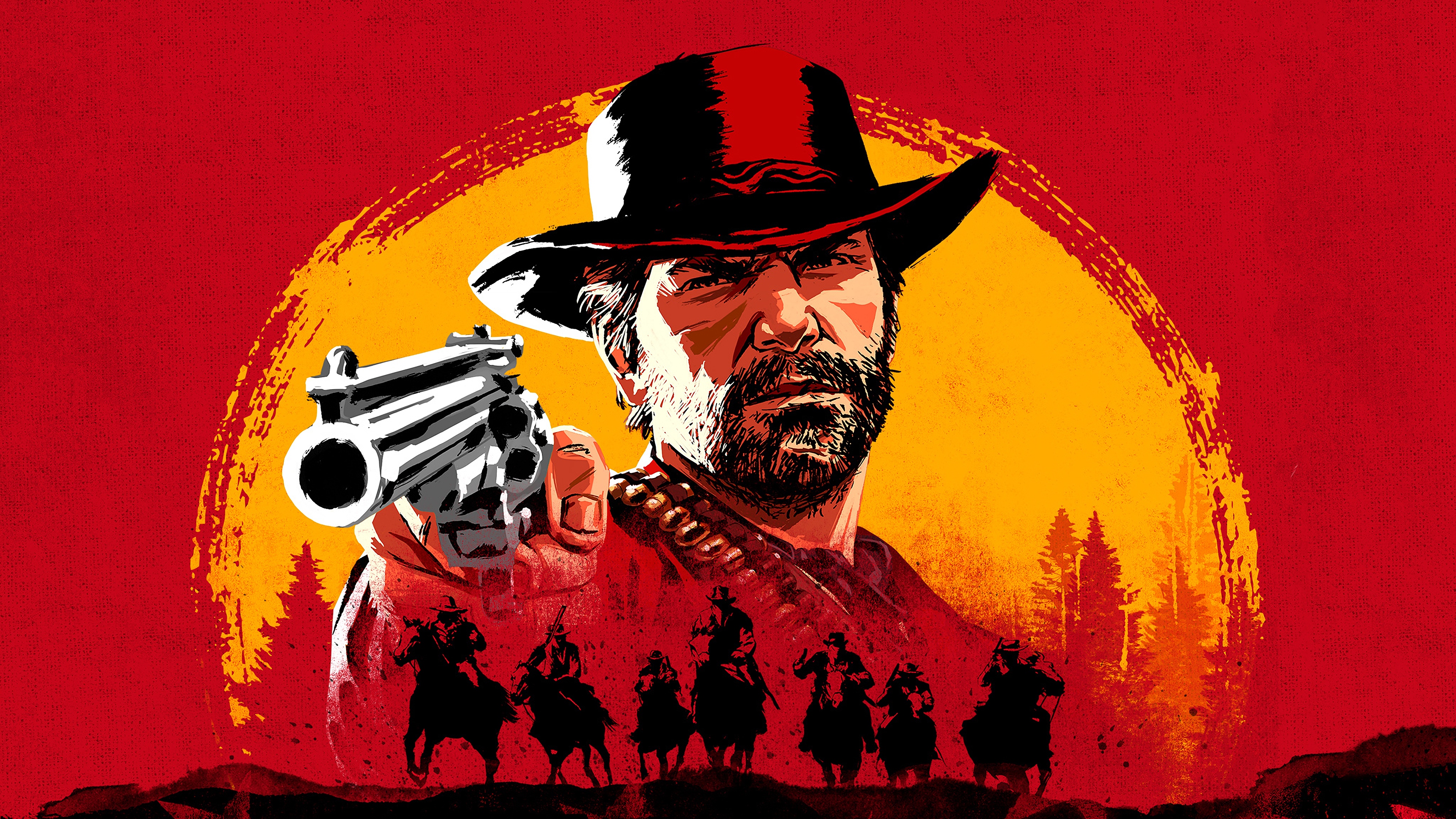
The ending of ‘Red Dead Redemption 2,’ developed by Rockstar Games and overseen by music supervisor Ivan Pavlovich, features a powerful score composed by Woody Jackson and his team. The finale includes original songs created specifically for the closing moments, blending seamlessly with the game’s Americana sound. Both the full score and selections of music from the game are available on multiple albums, showcasing both the studio recordings and how the music appears in the game itself. The production emphasizes acoustic instruments and a spacious reverb, creating a reflective and emotional atmosphere for the game’s conclusion.
Let us know in the comments what your favorite soundtrack closing songs are, and which one you still remember vividly!
Read More
- 39th Developer Notes: 2.5th Anniversary Update
- Gold Rate Forecast
- You Should Not Let Your Kids Watch These Cartoons
- Here’s Whats Inside the Nearly $1 Million Golden Globes Gift Bag
- ‘Bugonia’ Tops Peacock’s Top 10 Most-Watched Movies List This Week Once Again
- The Hidden Treasure in AI Stocks: Alphabet
- South Korea’s Wild Bitcoin ETF Gamble: Can This Ever Work?
- TV Pilots Rejected by Networks
- USD RUB PREDICTION
- Shocking Split! Electric Coin Company Leaves Zcash Over Governance Row! 😲
2025-11-17 09:19